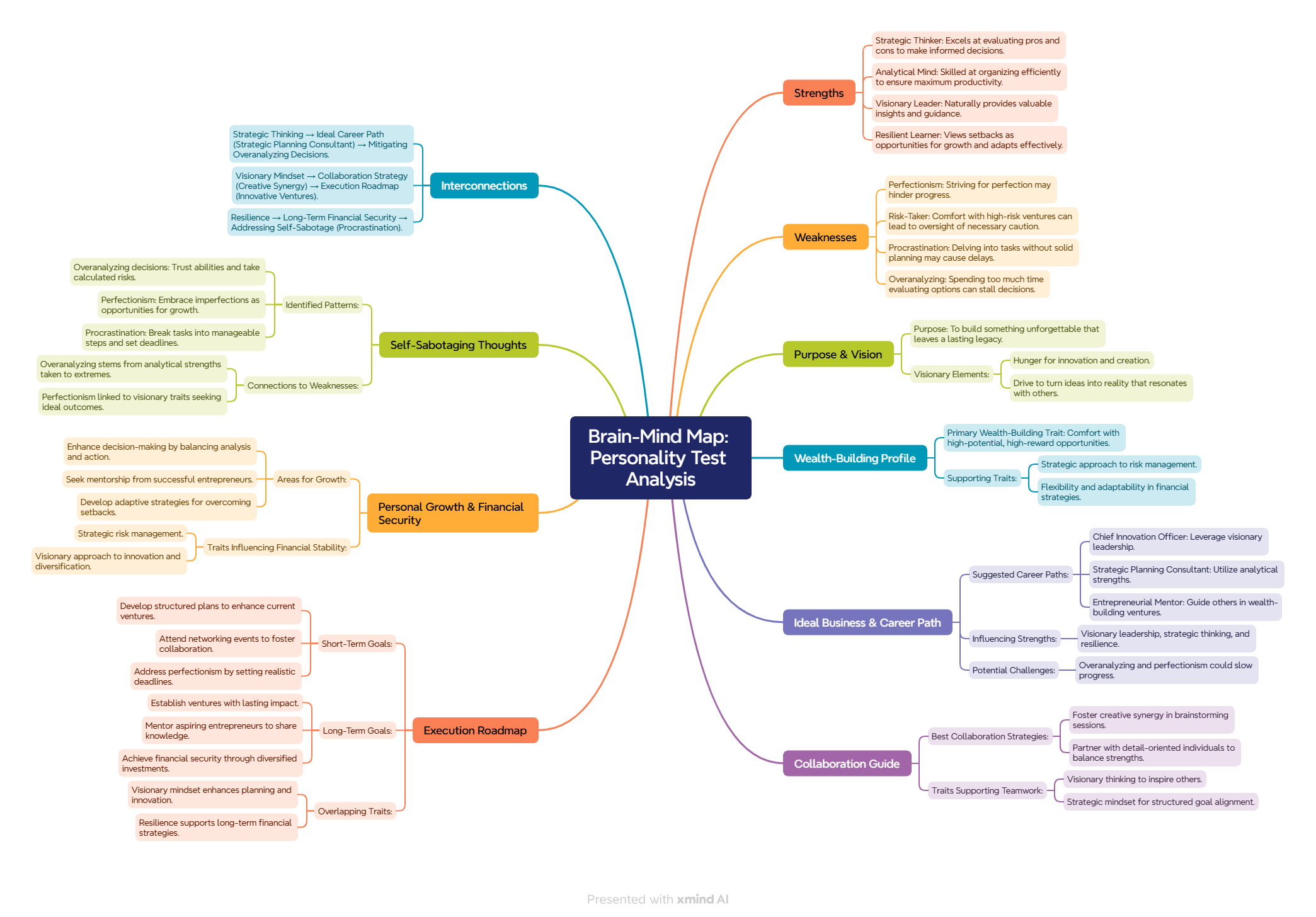Understanding Hydration: What It Means for Your Body

Hydration is a critical aspect of maintaining optimal health, referring to the process of providing sufficient water to the body to facilitate its various physiological functions. Water is essential for about 60% of the human body, underscoring the necessity for adequate hydration. This fluid plays a pivotal role in several bodily processes, including temperature regulation, joint lubrication, nutrient transport, and waste elimination. Without sufficient water, the body cannot function effectively, leading to a myriad of health issues.
Temperature regulation is particularly vital for sustaining homeostasis, as water assists in the cooling of the body during heat exposure or physical exertion. The body leverages evaporative cooling through sweat, where the evaporation of water from the skin surface dissipates heat, preventing overheating. Additionally, water acts as a lubricant for joints, reducing friction and ensuring smooth movement. This lubrication is essential for those engaging in regular physical activity, as it minimizes joint wear and potential injuries.
Moreover, water is integral for nutrient transport and waste elimination. It serves as a medium for transporting essential nutrients and oxygen to cells while facilitating the removal of metabolic waste through urine and sweat. Several factors considerably influence hydration levels, including physical activity, environmental conditions, and individual health profiles. For instance, increased physical exertion and warmer climates can accelerate fluid loss, necessitating higher water intake. Similarly, individual health conditions, such as illnesses or chronic diseases, can alter hydration needs significantly.
A profound understanding of hydration balance and recognizing the signs of dehydration, such as dry mouth, fatigue, and confusion, is crucial for fostering overall well-being. By paying attention to these indicators and addressing hydration proactively, individuals can effectively support their health and enhance their daily functioning.
Practical Tips for Staying Hydrated Throughout the Day
Staying adequately hydrated is essential for maintaining optimal health and well-being. To ensure you meet your hydration needs, establishing a regular drinking routine is crucial. Consider setting specific times during the day to drink water, such as first thing in the morning, before meals, and during breaks at work. By integrating these moments into your daily schedule, you create a consistent habit that promotes better hydration.
In addition to drinking water, incorporating hydrating foods into your diet can significantly contribute to your overall fluid intake. Fruits and vegetables such as cucumbers, watermelon, oranges, and strawberries have high water content and are excellent choices. Emphasizing these items not only helps keep you hydrated but also enhances your nutritional profile. Making a conscious effort to include these foods in your meals can increase your total daily water consumption without much effort.
Recognizing the signs of thirst and dehydration is vital for staying on track with your hydration goals. Symptoms can include dry mouth, fatigue, dizziness, or even headaches. If you experience these, it is essential to drink water promptly. Staying attuned to your body’s signals will help ensure that you maintain optimal hydration levels throughout the day.
It is also important to be mindful of your recommended daily water intake. While the standard guideline suggests around eight 8-ounce glasses of water per day, individual needs can vary based on factors such as activity level and climate. Moreover, certain beverages, like coffee and alcohol, can impact hydration levels, leading to water loss. Balance these types of drinks with sufficient water intake to counteract their dehydrating effects.
To make drinking water more enjoyable, consider adding natural flavor enhancers such as lemon, cucumber, or mint. These additions can stimulate your taste buds and encourage you to drink more throughout the day. Lastly, tracking your hydration goals can be facilitated using apps or simple reminders; this accountability can be a powerful motivator to prioritize your water consumption.










